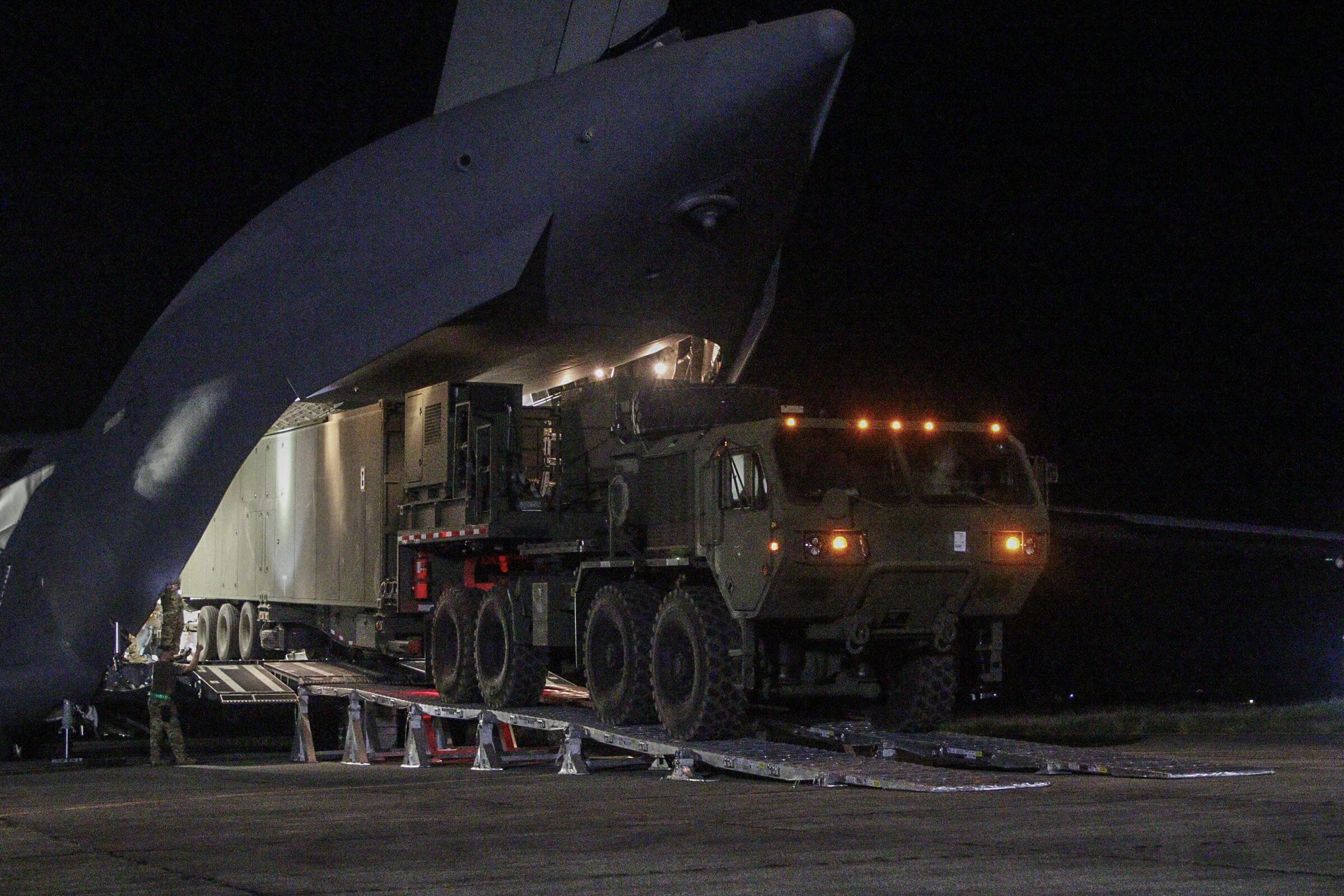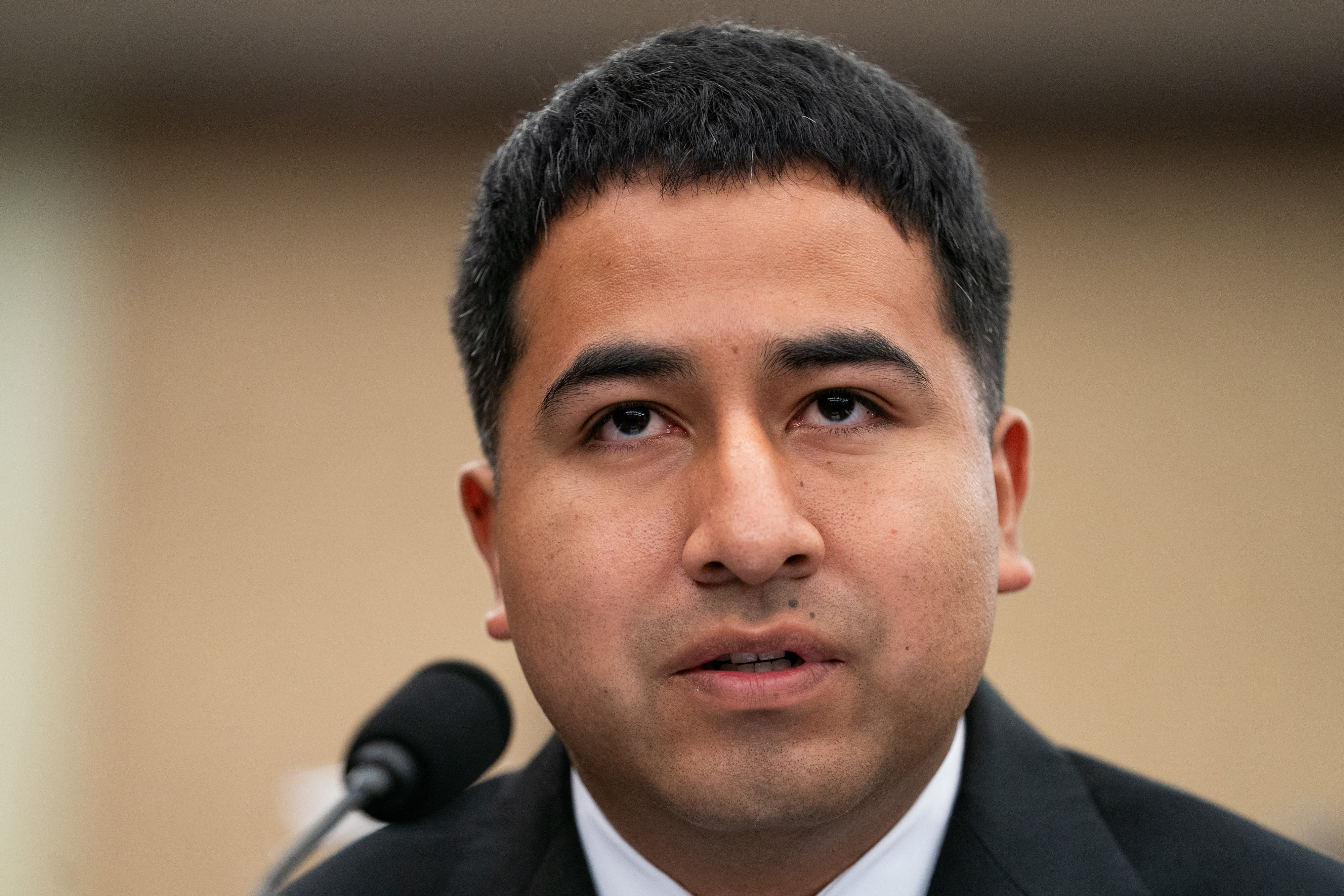WASHINGTON — House lawmakers in their annual defense authorization bill will push for a boost in military end strength, new punishment for troops who share nude photos, and more lenient consideration for troops dismissed from the ranks because of underlying health problems.
The measure, part of Congress’s annual budget plan for the military, still does not yet have a total price tag, leaving a host of questions about whether all the policy and strategy changes can become law. House Armed Services Committee officials are expected to release additional funding details on the legislation next week.
But in a preview of key portions of the measure released Tuesday, members of the committee’s military personnel panel unveiled plans for a 2.4 percent pay raise for troops and a end strength boost of nearly 28,000 servicemembers.
President Trump had already requested a boost of about 4,000 sailors for the Navy and another 4,100 airmen for the Air Force in his budget request last month.
Lawmakers have agreed to aim for those same end strength levels, and to boost the Air Force Reserves and Air National Guard by 1,700 personnel and the Naval Reserve by another 1,000 sailors.
But the House panel goes further. After a 16,000-soldier jump in Army personnel last year, White House officials were content to leave the service’s end strength at fiscal 2017 levels. The House panel, citing requests in the Army’s unfunded requirements list, will look to fund another 10,000 active-duty soldiers, 4,000 guardsmen and 3,000 Army Reservists.
Combined with the higher pay raise, the extra personnel costs are likely to drive the military budget for fiscal 2018 well above the president’s proposed $603 billion level, which already sits well above spending caps mandated by law.
Committee officials declined to offer specifics on the exact price of the measure.
The bill also includes a host of specialty pays and bonus reauthorizations, and the second year of an extensive overhaul of the Uniform Code of Military Justice.
Among the biggest changes to that initiative is the inclusion of new language that specifically prohibits the non-consensual sharing of nude photos, in the wake of a sexual harassment scandal in the Marine Corps earlier this year. The language is based on a measure sponsored by Rep. Martha McSally, R-Ariz., that the full House passed last month.
Lawmakers also have drafted language to allow troops with other-than-honorable discharges to submit outside medical documents (from the Department of Veterans Affairs or private physicians) as evidence in reconsidering their dismissal status.
The move comes after years of lobbying from advocates who say tens of thousands of troops may have been improperly kicked out of the military because of undiagnosed medical issues like post-traumatic stress disorder or traumatic brain injury. The new rules would require review boards to give "liberal consideration" to the outside medical evidence when weighing a discharge upgrade.
House members are proposing a $500 stipend for spouses of troops to cover credentialing and licensing fees associated with interstate moves, in response to concerns about the difficulties those military assignments can have on family members’ careers.
And the authorization bill clarifies that service academy graduates must complete their full military commitment prior to participating in professional sports. The issue has become national news in recent years, with a spate of academy standouts being considered by professional sports teams immediately upon graduation.
The authorization bill draft is scheduled to be marked up by the full committee next week, and considered by the full House before the end of July. The Senate must also pass its own version before lawmakers can reconcile the two and send it to Trump to become law, a process that is expected to take until sometime this fall.
Leo Shane III covers Congress, Veterans Affairs and the White House for Military Times. He can be reached at lshane@militarytimes.com.
Leo covers Congress, Veterans Affairs and the White House for Military Times. He has covered Washington, D.C. since 2004, focusing on military personnel and veterans policies. His work has earned numerous honors, including a 2009 Polk award, a 2010 National Headliner Award, the IAVA Leadership in Journalism award and the VFW News Media award.





